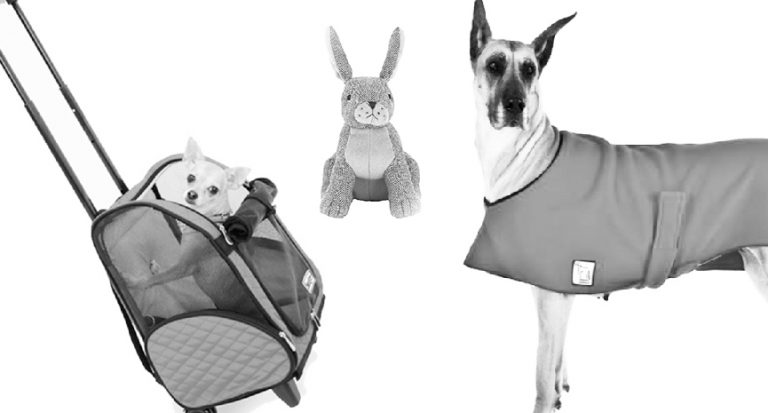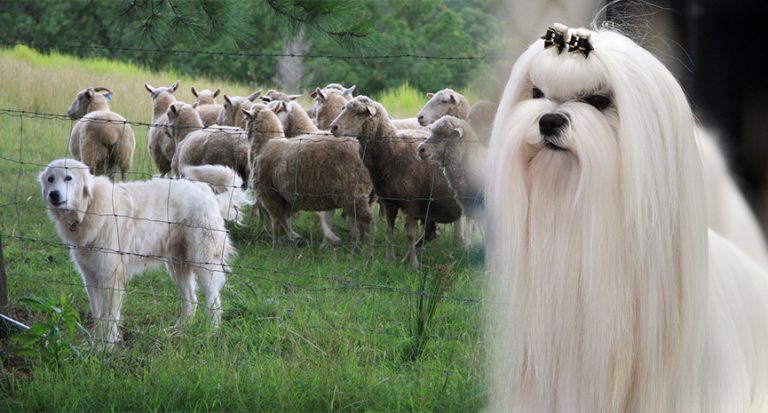You’ve probably heard urban legends about the elderly lady who has dozens of cats, the guy who collects snakes and never leaves his house, or someone who spends thousands on clothes for their pet.
When Kim Swank, 35, spent $10,000 on treatment for a cherished family member, it wasn’t for her spouse, sibling, or parent–it was for Wilson, her beloved Pug. “People would approach my husband and say, “I can’t believe you paid 10 grand to keep a dog alive!” My husband’s reply was simply, “Well, it’s cheaper than a divorce!” ” Swank said.
Some people believe this sounds like an obsession that could be unhealthy for the person and pet alike. But many others say mind your own business, as long as there’s no harm or neglect happening. To them, going to great lengths for their pet is completely rational, caring behavior.
Where is the line between obsession and devotion? Here’s what experts had to say.
Dedication and devotion are sometimes mistaken for a preoccupation with pets. But “obsessed” may be an overused word. Obsession is a little bit of a negative term and many animal advocates prefer the term passionate. A passionate pet owner is someone who is their pet’s biggest cheerleader. They make sure their pet is healthy and happy. To them, their pet is part of the family.
But if your health or the pet’s quality of life suffers, that’s an unhealthy obsession.
If a person is obsessed, they may not realize that they or the pet is suffering. Sometimes it takes a friend, relative, or vet to point out the problem. One of the most common situations is when a pet has a terminal condition that is hopeless and the pet owners do not consider euthanasia.
“My professional opinion about being obsessed with anything is whether or not one loses a sense of balance and the child, animal, or object of obsession takes over one’s entire life,” states. psychotherapist Cathy Conheim, LCSW. If you suspect you have an unhealthy obsession with your pet, professional treatment is recommended.
One unique example is a woman who has been a cat sitter, dog walker, pet artist, and photographer for more than 25 years. “Some people have judged me by their own standards and mistake my commitment and dedication to animal welfare and my own pets as an obsession,” she says. “Family members were extremely judgmental and their attitudes resulted in a rift between us that has never been repaired. Love me, love my dogs and cats, and respect my feelings about them… or don’t,” she said.
Yet another pet owner, a certified pet fashion designer and gourmet baker agrees. “When people call me obsessed with pets, to me that is a compliment. It means I go above and beyond for my dogs and that others are watching, hopefully emulating my example,” she said. “It is unhealthy to hear negative comments saying you have an obsession with pets. My advice? Dump the person, keep the dog, and have a happy life,” she says with a grin.
Still, it has been observed that a trend that’s similar to what we see among some parents with their children: people achieving their own sense of achievement and stardom through their pets. There are people who force their pets into uncomfortable settings, environments, and situations even when the pet is shutting down and not enjoying the limelight. These pets are placed in situations that clearly make them uncomfortable, yet the owner dismisses it.
For many there is no “overboard” with their pet, excluding hoarding of course. Animal hoarding is a form of abuse where people acquire an excessive number of pets and may not believe nor recognize they are doing something wrong. In the eyes of the hoarder, they are saving animals. But animal hoarding is unsafe and unhealthy for the pets and the people involved.
Among us are advocates, animal lovers, pet owners and guess what, those that don’t own a pet. Whether for health reasons or lifestyle limitations some people don’t care for pets. Their choice, let’s respect that too.





